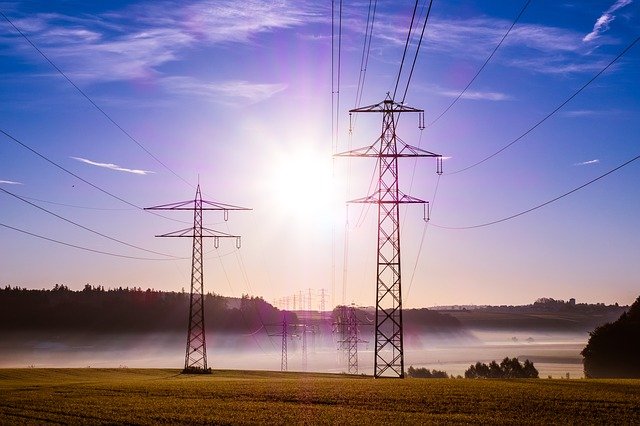The price for a kilowatt hour (KwH) has risen sharply on the Nordpool power exchange, while Swedish state-owned national electrical grid operator Svenska Kraftnät is warning of a strain on the country’s energy resources.
On Monday, the kilowatt hour spot price was around 70 öre ($0.098) per KwH on the Nordpool exchange. By Friday, the price is expected to be be around 304 öre(KwH), the highest price of the year.
The sky-high prices have come as a blow to Swedes with variable-rate electricity agreements.
However, Sigge Eriksson, head of power provider Vattenfall’s private market division, told the TT news agency on Wednesday that customers shouldn’t focus too much on high spot prices for any specific day.
“In December we had higher prices and then we had this high point of 261 [öre/KwH], but the following day prices fell,” he said.
“I don’t have statistics for all of December, but the effect was that the average price ended up at around 50 öre.”
The long stretch of cold winter weather has also affected Sweden’s overall energy consumption.
On Thursday afternoon, the country used about 25,400 megawatt hours (MwH) of power.
Usage between 5pm and 6pm on Friday is expected to climb to 26,600 MwH, prompting warnings from Svenska Kraftnät about strains on Sweden’s power system.
The grid operator has already dipped into its reserves in order to ensure a margin of 1,000 MwH in case of an unforeseen event.
“Tomorrow (Friday), the margin is going to shrink because of the high energy consumption, but we’re still a long way from an energy deficit,” Svenska Kraftnät spokesperson Maria Jäderberg told TT.
She said that, at the moment, there is no need for the grid operator to ask the parties with which it has energy contracts to lower their energy consumption.


 Please whitelist us to continue reading.
Please whitelist us to continue reading.
Member comments